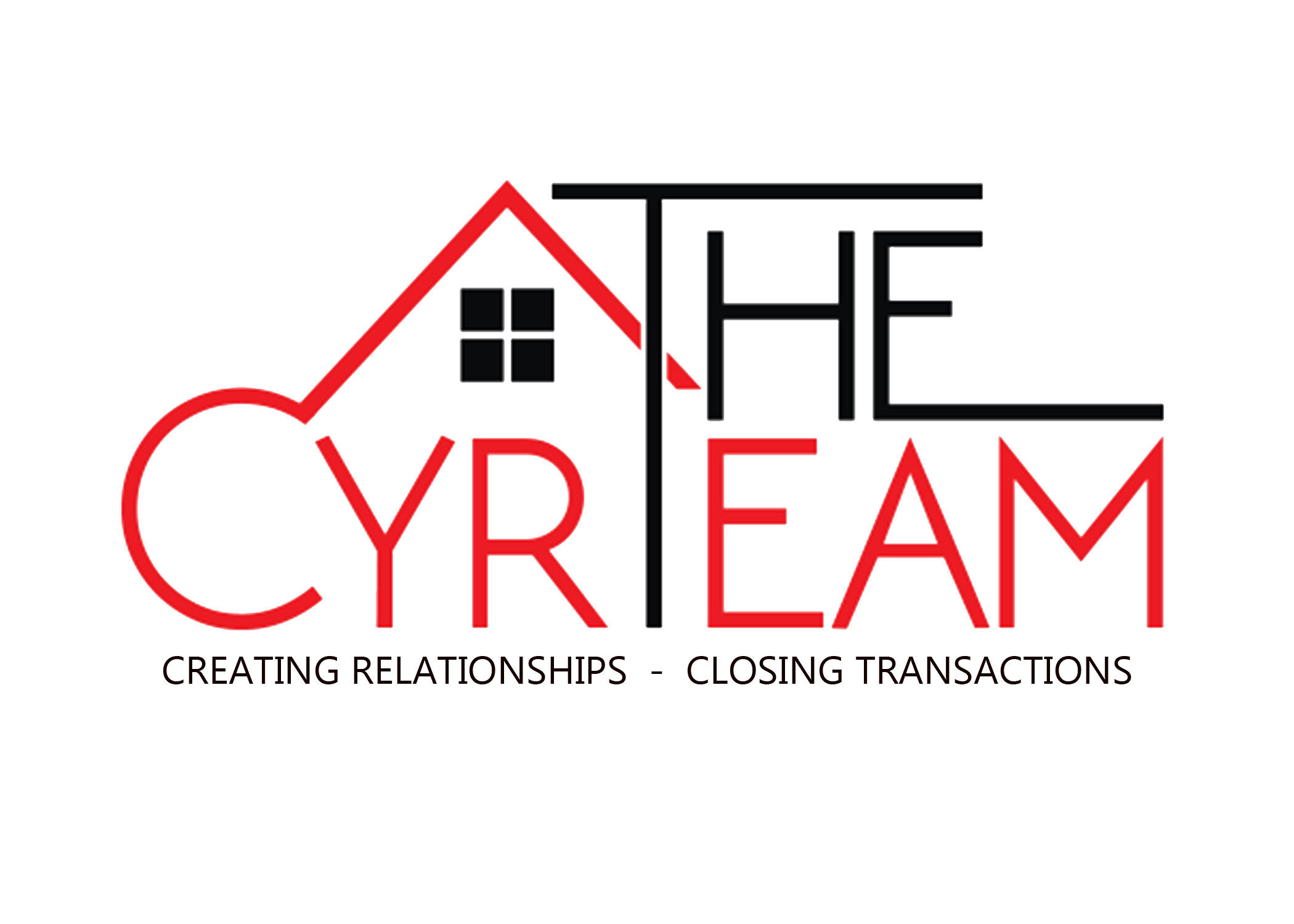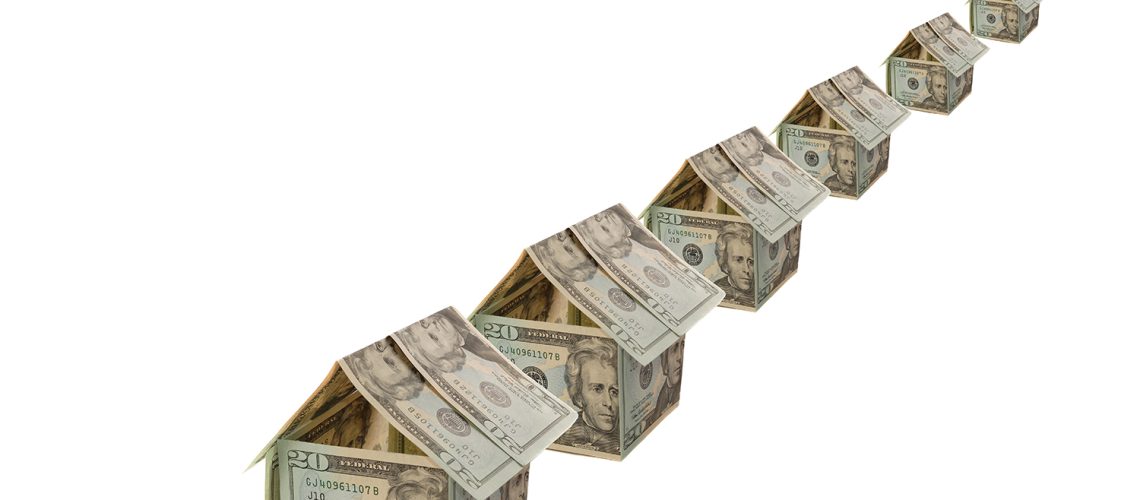Having a mortgage is a big part of being a homeowner for most Americans. Getting a home loan is the only way most of us can afford to purchase a property, so it’s a natural part of the real estate cycle. Ultimately, making loan principal and interest payments is a good thing. You are not simply paying someone else rent to stay in their property. You are gradually purchasing your own home and gaining from any value appreciation the whole time you are paying off your mortgage.
Understanding the Debt Commitment
Though mortgage loans are ultimately benefiting everyone involved with a real estate transaction, they still represent a large amount of debt for the homeowner. You are borrowing hundreds of thousands of dollars to purchase a property, and the average home loan is a 30-year mortgage. That means you will be making those payments for 30 years (360 months) if you stay in the house that long and make the standard required payment each month.
Many homeowners are looking to pay off their mortgage loans even sooner than 30 years after they move in. Even those who are planning to sell the house long before the loan is complete understand the benefits of paying down the mortgage loan—especially the principal.
What Makes Up a Mortgage Loan Payment?
You see, monthly mortgage loan payments can generally be broken down into four main components:
- Principal—The actual amount of money you borrow and debt total you gradually pay down with each mortgage payment.
- Interest—This represents the fee collected by the bank/lender, who applies an interest rate across the life of the loan (usually fixed or adjustable percentage).
- Taxes—Government taxes collected on the mortgage loan. Some borrowers may also opt to include county property taxes as part of mortgage payments.
- Insurance—Insurance on the loan, including any mortgage insurance premiums (MIP/PMI). Again, some borrowers may opt to include homeowner’s insurance premiums as part of their mortgage payments.
Mortgage Loan Amortization
All mortgage loans are amortized across the 30 years. Payments made in earlier years will be much more interest than principal, while the payments at the end of the loan period will be much more principal than interest. This is another way lenders will protect themselves from a borrower defaulting on the loan. They collect more interest early on, and this is something that mortgage borrowers definitely need to understand.
After 10 years of making required mortgage payments each month, you will NOT have paid off a third of the loan principal. Much more of each payment is going toward interest. In fact, it’s more like only 15% of the loan principal total is probably paid off after 10 years, following a fairly standard amortization schedule. You are a third of the way through the loan, but you haven’t paid down a third of the principal yet. Not even close.
This may sound a little scary, but it’s how mortgage loans work and it’s what enables you to buy a home. The key is looking for ways to pay down your loan (and specifically your loan principal) before 30 years come to pass. It may not be as difficult as you think.
How to Pay Down Your Mortgage Faster
Most homeowners are stretching every dollar when they first buy a property and move in. Over time, though, there’s a good chance you start earning more income and enjoying a bit more breathing room. You also benefit from income tax savings as a homeowner, in addition to the long-term value appreciation of the property that will really pay off when it comes time to sell. Eventually, you make more money while your monthly mortgage payments stay relatively the same.
You can put that extra money away in savings or apply to other investments. Or, you can consider investing it back into your homeownership. After all, your home is likely your largest financial investment. Most mortgage loans do not have any sort of prepayment penalties. You can pay them down as early as you want. Start including a little more with your mortgage payment each month. Or, save up and make a really large payment once or twice a year with whatever you have put aside. Even if you just throw in a little extra from time to time when you have it, you will benefit in the long run. Talk to your lender or make a note with the payment to ensure that it goes toward the principal. This way, any additional funds you send are applied directly to paying down the principal.
Over time, you will be able to gradually pay off your loan. You’ll still be paying interest and other fees/taxes/premiums along the way, but you are chipping away faster at the principal. This is a great way to pay off your mortgage before the full 30 years elapse. Even if you decide to sell sooner, you will have paid off more principal and that means more money in your pocket at the end of the sale.
Refinancing with a Shorter Loan Term
Another way to pay off your mortgage sooner is to refinance the loan at a point that makes sense. Let’s say you have 20 years left on your mortgage. You may be able to qualify for a new 15-year home loan at a lower mortgage rate (or similar rate) than you are currently paying. As long as you can afford the new payments, you will be shaving off five years from the loan term. And again, you are still welcome to increase payments when you want to pay it off even sooner.
A savvy homeowner knows that a 30-year fixed rate mortgage loan is just a way to literally get their foot in the door. If you manage your money wisely after that and take a few simple steps, you can actually pay off your loan much sooner. This will allow you to realize all of your appreciation earnings when it is time to sell, or just eliminate mortgage payments from your life if you decide to stay in the home well after the mortgage is paid off.
If you are planning to buy a home or are thinking about selling in the near future, contact The Cyr Team today. We are a leading real estate team in the Southeastern Pennsylvania/Northern Delaware area, and we’ll help you make the most of your next move.

